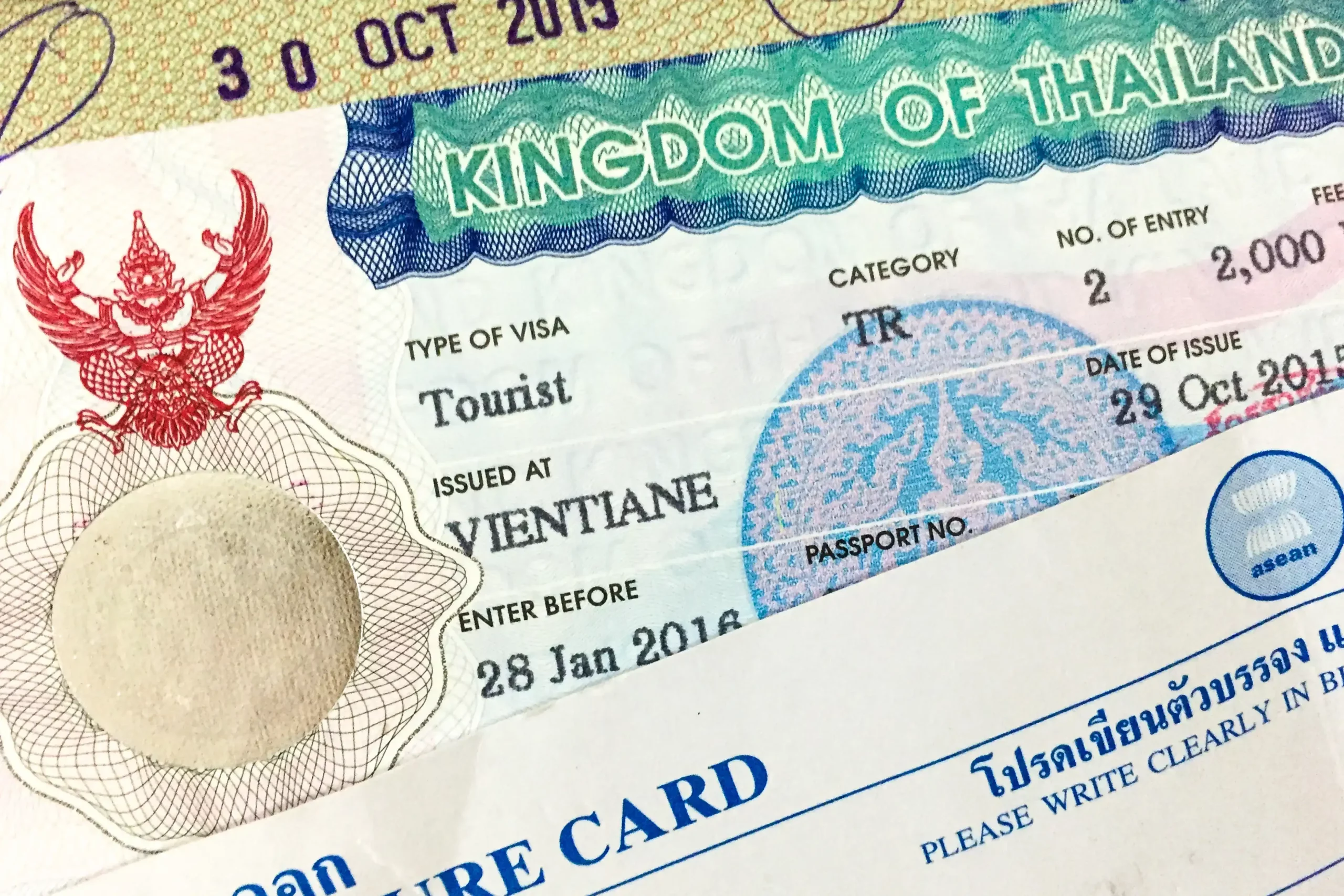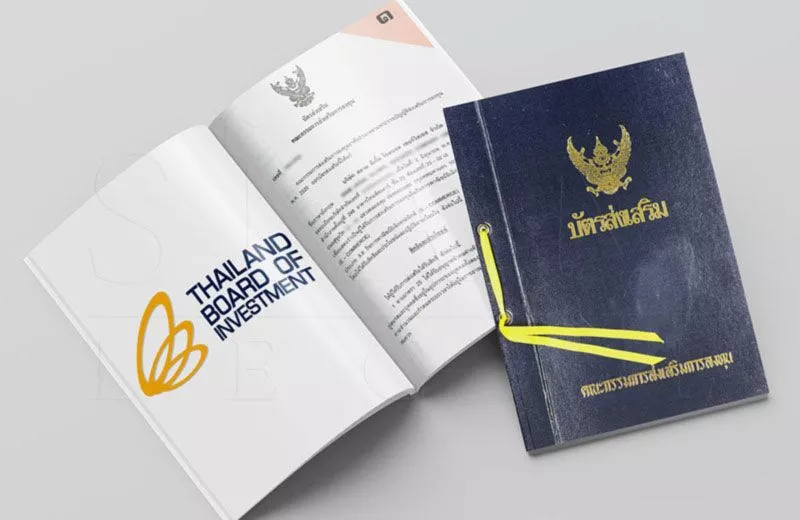Author: admin

Property Mortgages in Thailand
Property mortgages in Thailand are a fundamental aspect of real estate transactions, enabling individuals and businesses to purchase homes, commercial properties, and investment assets. The

Thailand Privilege Visa
The Thailand Privilege Visa, formerly known as the Thailand Elite Visa, is a long-term visa program designed to attract high-net-worth individuals, business executives, retirees, and

Thailand Income Tax
Thailand income tax system is governed by the Revenue Code and applies to individuals, companies, and other entities earning income within the country. The tax

Thai Tourist Visa
A Thai tourist visa allows foreigners to enter the country for travel, leisure, or family visits. This guide details visa types, application processes, extensions, and

Title Search in Thailand
A title search in Thailand is essential for anyone purchasing property or entering into a property-related contract. It verifies the land’s legal status, ensuring that

Child Adoption in Thailand
Child adoption in Thailand is a well-regulated legal process governed by the Child Adoption Act B.E. 2522 (1979). Overseen by the Department of Children and

Thailand SMART Visa
The Thailand SMART Visa is a relatively new visa category introduced to attract highly skilled professionals, investors, executives, and entrepreneurs to support Thailand’s technological and

Thailand Long-Term Residency Visa
Thailand Long-Term Residency Visa. Thailand’s Long-Term Resident (LTR) visa represents a significant shift in the country’s immigration policy, aiming to attract high-potential foreigners and stimulate

Thailand Business Partnerships
Thailand Business Partnerships. Setting up a business in Thailand can be an attractive opportunity for foreign investors due to its strategic location, robust infrastructure, and

Mergers & Acquisitions in Thailand
Mergers & Acquisitions in Thailand. Thailand, a Southeast Asian powerhouse, boasts a thriving economy and a dynamic business environment. Mergers and Acquisitions (M&A) play a
